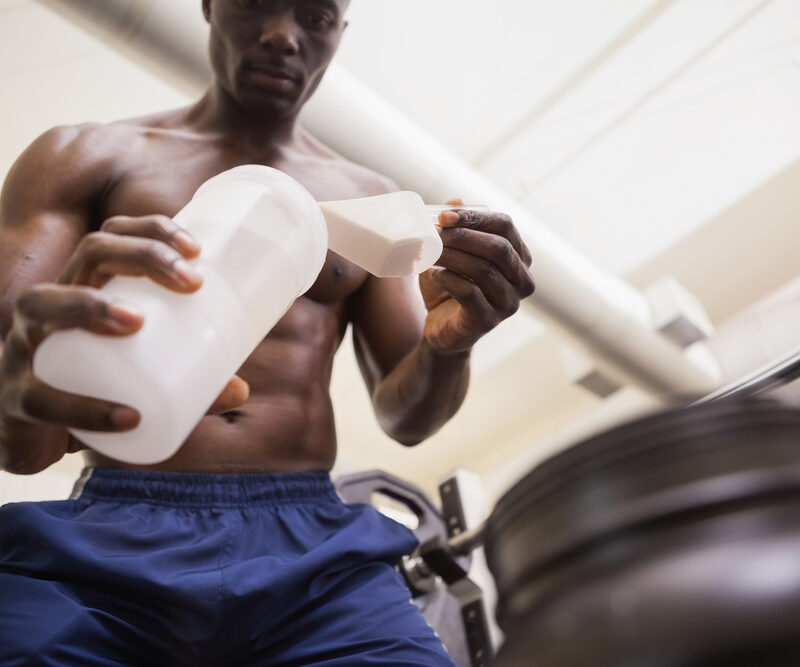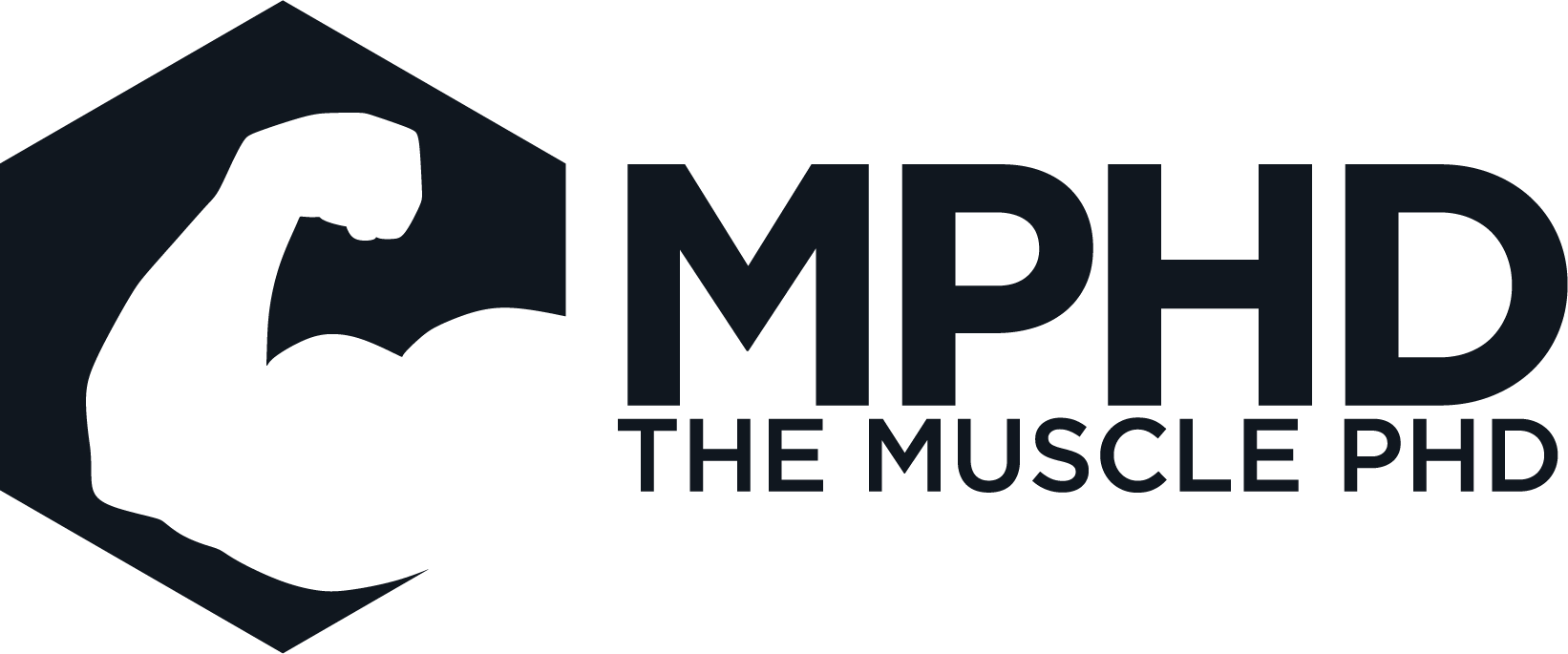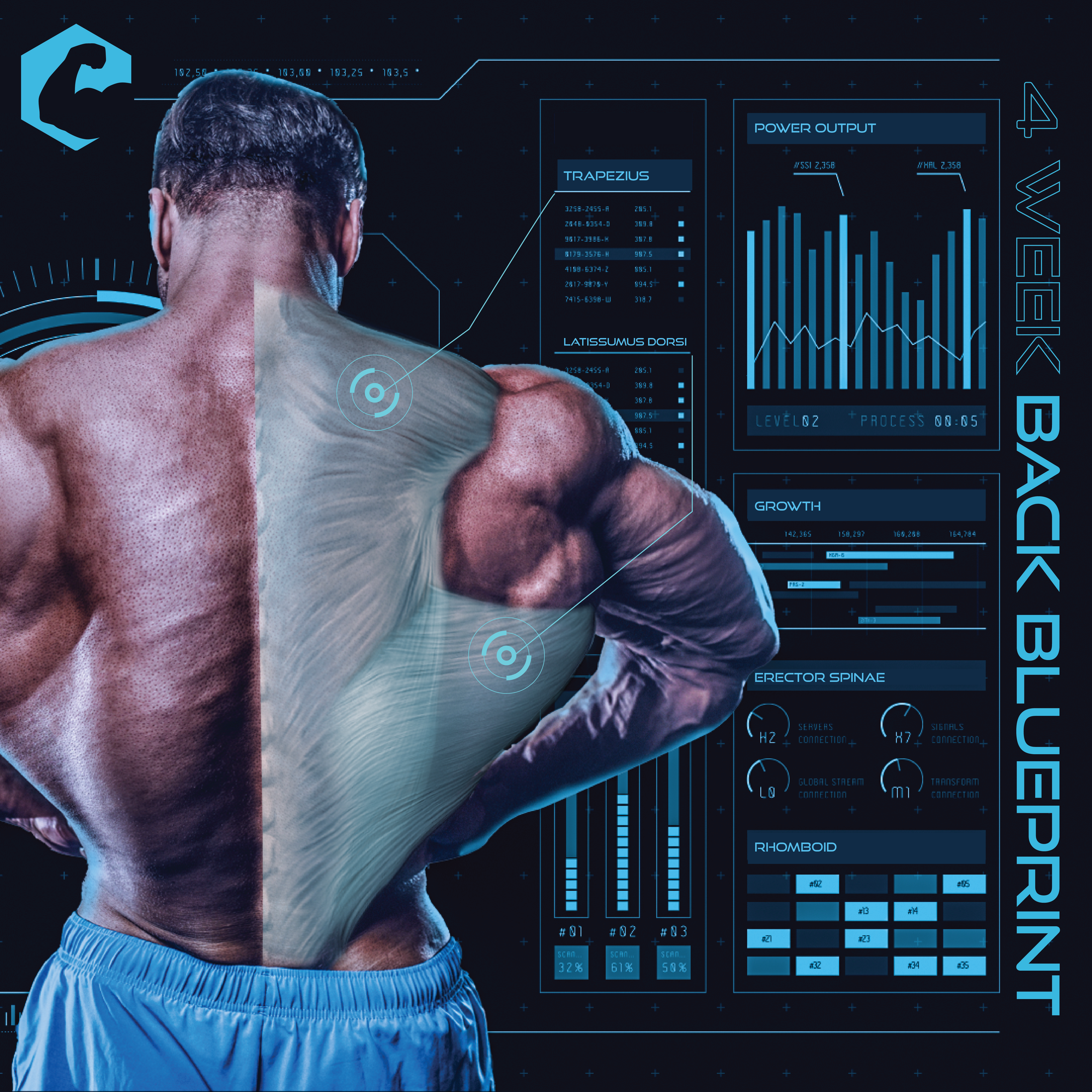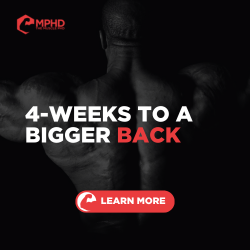A lot of people ask about whether timing your protein matters when you’re trying to build muscles in order to maximize your protein synthesis. After all, the new trend going around is “if it fits your macros,” meaning that as long as you’ve consumed your macronutrients in the right proportions, everything’s fine.
Does that apply to protein timing, though, and what is protein timing? Protein timing is essentially how you time your protein intake throughout the day, and for bodybuilders it’s especially important to know if you should be taking your protein at certain times in relation to when you work out.
Should You Take Your Protein After Your Workout?
It’s important to mention that every time you train, your muscles will get more sensitized to protein, meaning that they’ll respond better to your protein intake. That means that the response you get from protein is greater after a workout than anytime else.
So, if you want to maximize your muscle growth, it’ll be better if you consume protein close to your workout. The second thing to keep in mind is that you can take in more protein after your workout than at other times during the day.

When Should You Take Your Protein?
Our rule of thumb is that you should consume a protein shake within 30 minutes of working out. While it’s true that there’s a lot of controversy surrounding this idea, the literature concurs that this is the best time period to take your protein.
The sensitivity of well-trained people to protein levels off within 6 hours, which is why the protein window of opportunity is so important when you’re well trained. Somebody who’s untrained will have a longer period during which they have a greater sensitivity to protein, usually 24-48 hours.
If you’re wondering whether timing is relevant if you’re training at night versus in the morning, then the answer is yes, it does matter. A lot of people wake up in the morning and want to train on an empty stomach. However, when you’re fasted you don’t actually have any amino acids in your blood, which is very important for growth.
If you train during the morning, make sure you have all the essential amino acids (EAAs) prior to workout. You’re free to take a simple digesting protein source such as whey after your workout.
A lot of people think that consuming protein at night or eating closer to bed time will make them fat. While there’s some evidence to support that, evidence also shows that a single dose of protein, not accompanied by carbs or fat, will help you grow.
So it’s important to have a high-protein meal close to bed, such as a single dose of a lower calorie bolus of 20-30g of easily digestible protein. In fact, during that time period you could take casein instead of whey, as it’ll get digested while you sleep.
How Much Protein Should You Be Taking to Build Muscle?
Assuming you’re an experienced lifter that hasn’t been lifting that day, you should consume around 24-30g of protein, which will max out your protein synthesis in a given serving. However, after a workout, evidence suggests that you can consume 40-50g of protein and actually get a better response than just having 20-30g.
After your workouts, you want something that’s easily digestible solely because you need to capitalize on that window of opportunity. We strongly recommend whey protein after your workout. It’s more beneficial than other types of protein such as casein post-workout, and not just because it’s faster to digest.

Your muscles will stay sensitized for a period of between 4-6 hours after a workout. However, 2-3 hours after that first protein consumption, you should have a meal. Let’s say you exercised in the morning on an empty stomach but supplemented with all your important EAAs. You just got done training at 9AM, and you’ve had your post-workout protein shake.
During lunch, make sure to have something that’s lean but has more complete proteins, such as steak or chicken. The most important thing is that you shouldn’t workout while you’re completely fasted. We recommend doing modified fasting, where you have all your EAAs before working out. This will help you grow your muscles.
We hope this article helped you understand the importance of protein timing, and how you can use it to improve your gains by taking your protein just when your body needs it the most.









